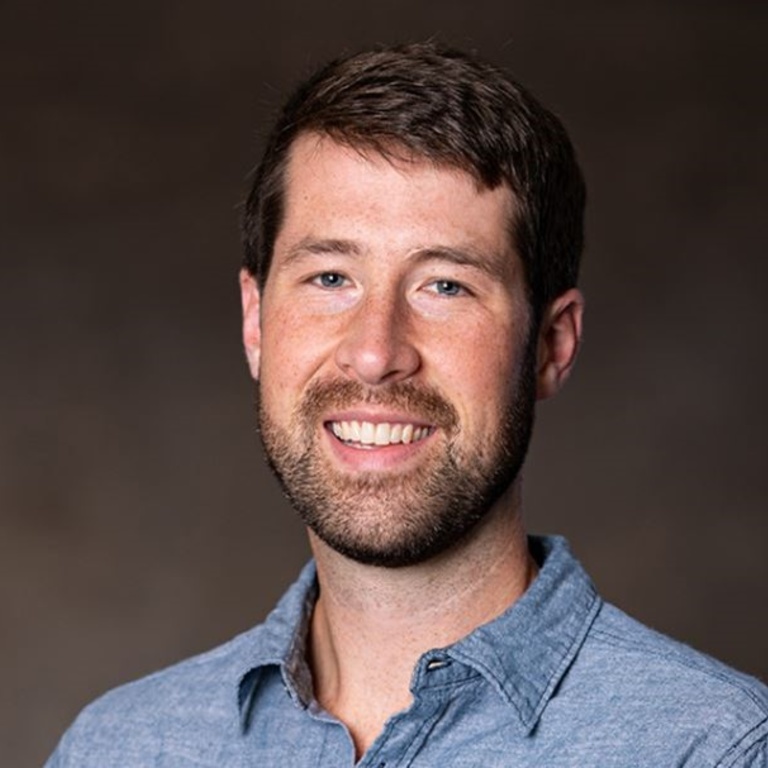Eric Emmons, PhD
Current position: Assistant Professor, Department of Biology, Wartburg College
Highlights during grad school: Rotations were an absolute must for me when I was looking at graduate programs. I knew I wanted to do neuroscience and that I was excited by different types of research but I wasn’t ready to pick a lab without getting direct experience. The Neuroscience Graduate Program does an incredible job in that first year of bringing you in, making you feel welcome, and supporting you throughout grad school. Dan, Mike, Megan, and the Graduate College staff made it a community rather than just a graduate program. Beyond that, I can’t imagine having a better group of peers, colleagues, and friends—come to Iowa for the neuroscience, stay for the relationships!
Describe your research: My research focuses on the ways in which changes in one part of the brain influence activity in connected regions and ultimately affect behavior. Behavioral assessment has been a large part of my research, including quantifying timing behavior in rats, place preference in mice, and second-by-second quantification of mouse open-field tasks. I’m in between big research projects as I get into the swing of teaching. I’m hoping to set up my research program in the next couple of months so stay tuned!
What do you like about teaching? Teaching gives me a chance to work with concepts, ideas, and the “big picture” of science—thinking about challenging questions and learning new information is what brought me into neuroscience in the first place and I get to do that on a daily basis in teaching! It may be cliché, but I do find building relationships with students to be constantly rewarding.
What advice do you have for a graduate student looking to obtain a postdoctoral fellowship? The biggest piece of advice that I’d give is to think about what type of research could complement and expand on the work that you did in graduate school. You want to build a bridge between where your research is and where you want it to go. As for finding a postdoc lab, you need to communicate with the PI’s of those labs—ideally these will be people you’ve met or at least passed by at conferences. Personal introductions and networking are huge. Ask your mentors for an introduction.
Accomplishments you have received: Finishing graduate school is the big one—doing something constantly for 4-7 years is a mental and emotional grind. There were some lows and a lot of highs, and I feel very fortunate to have been able to spend that time in the supportive environment of Iowa’s Neuroscience Graduate Program. Beyond that, being able to start at Wartburg, a small liberal arts school that emphasizes both teaching and research, has been a long-time dream come true. Plus, it’s great to be back in the great state of Iowa!
